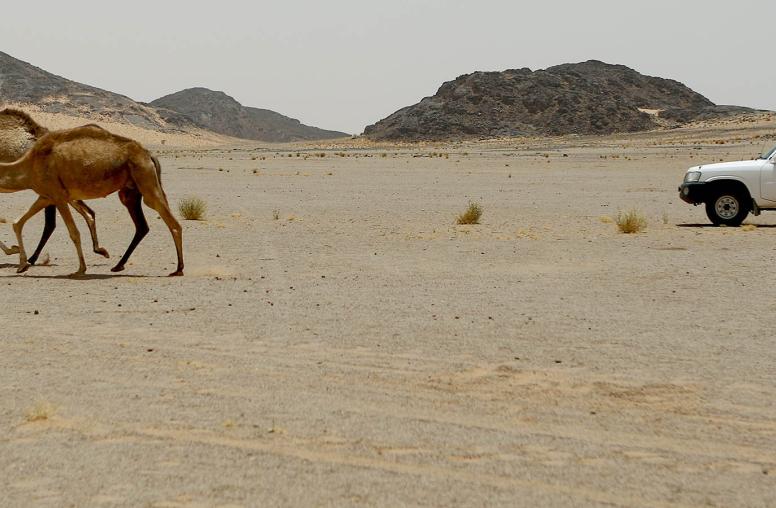 Algeria
Algeria
Featured Research & Analysis

Western Sahara’s conflict is over. Negotiating the terms comes next.
One of Africa’s longest wars shifted toward a conclusion in July when France recognized Morocco’s claim of sovereignty over the Western Sahara. That action, alongside Morocco’s military advantage, effectively will leave the indigenous Sahrawi independence movement with no choice but to eventually settle for some form of autonomy within Morocco. While this reality will be unsatisfactory for the estimated 173,000 Sahrawis living in refugee camps, their best option, and that of their backer, Algeria, is now to seize the opportunity to negotiate for best-possible peace terms with Morocco. Ending a war that keeps so many stateless and living in squalor while also removing a major irritant to the Moroccan-Algerian relationship will improve regional stability.

For Peace in the Sahel, Can the U.S. Work with Algeria?
Amid the Sahel region’s crises — a continent-spanning web of communal and terrorist insurgencies and eight coups d’etat since 2020 — U.S. and European attention is focused elsewhere: on Russia’s invasion of Ukraine, China’s expanding global influence and the Israel-Palestine conflict. But an opportunity to promote stabilization in the Sahel, notably in Mali and Niger, could be U.S. collaboration with Algeria. Algeria shares borders with those violence-stricken states, and also the U.S. desire to help stabilize them and their Sahel neighbors. A first question for any joint U.S-Algerian engagement is whether the two countries’ visions for Sahel stability, particularly in Mali and Niger, are aligned or contradictory.

Can Algeria Help Niger Recover From Its Army Coup?
Democracies and democracy advocates should welcome this week’s tenuously hopeful sign in Algeria’s announcement that the 10-week-old military junta in Niger has accepted Algiers’ offer to mediate in a transition to civilian, constitutional rule. Still, Algeria’s government and the junta left unclear the extent of any agreement on mediation, notably disagreeing on a basic element: the duration of a transition process. Algeria can bring significant strengths to a mediating role. In stepping forward from what most often has been a cautious posture in the region, Algeria creates an opportunity that international partners should seek to strengthen.